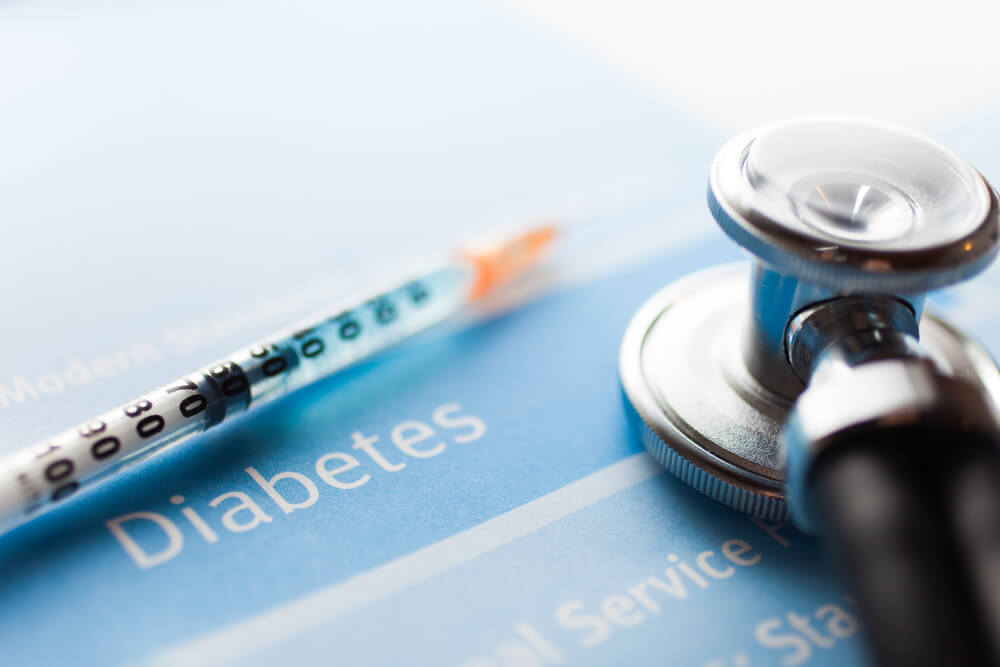COVID-19 May Cause Diabetes: What Is So Far known
'30.06.2021'
Nurgul Sultanova-Chetin
Experts say the link between the two diseases is alarming. COVID-19 has shown doctors, patients and researchers that it is unlike other viruses - it is known to cause severe inflammation throughout the body, damaging not only the respiratory system, but also the heart, brain, kidneys and other important organs. More research now points to another worrying effect of COVID-19 - the development of diabetes. Health.

Two studies supported by the National Institutes of Health, published in the journal Cell Metabolism, confirm that "SARS-CoV-2 can affect and harm insulin-producing cells in the body." This exposure can eventually lead to diabetes.
But it's not just these two studies. They were taken months after data published in the journal Diabetes, Obesity and Metabolism also found a link between COVID-19 and the development of diabetes.
New studies are underway to find out more about the link between coronavirus and diabetes, but there are already some important data on how COVID-19 can cause diabetes.
What is diabetes
According to the National Institute of Diabetes, Digestive and Kidney Diseases (NIDDK), diabetes is a condition that occurs when you have too high blood glucose (aka blood sugar) levels. This disease is diagnosed in about 30,3 million people in the United States (this is about 9,4% of the population).
Diabetes is divided into two main types: type 1 diabetes, where the body does not produce insulin because the immune system attacks and destroys the insulin-producing cells in the pancreas; and type 2 diabetes, when your body doesn't make enough or doesn't use insulin.
What research says about COVID-19 leading to diabetes
Let's start at the beginning: Publication in the journal Diabetes, Obesity, Metabolism in November 2020 - a systematic review of data from a meta-analysis of eight studies conducted worldwide between January and May 2020 on newly diagnosed cases of diabetes in humans. who have recovered from COVID-19. The analysis studied 3 patients with COVID-711 and found that 19% (or 14,4 patients) were recently diagnosed with diabetes (the type of disease was not indicated in all studies, but more often it was type 492 diabetes) ...
It is worth noting that this particular study only showed a correlation between COVID-19 and new diabetes diagnoses, not a causal relationship. However, according to the researchers, it still became a wake-up call.
“While the development of diabetes in COVID-19 patients can be attributed to a stress response associated with severe illness or glucocorticoid treatment, the diabetogenic effect of COVID-19 should also be considered,” the researchers write.

Two new studies supported by the National Institutes of Health (NIH) - one completed on May 19 and looked at cellular metabolism, and the other on May 18, looking at the link between COVID-19 and diabetes by analyzing how body systems work.
Previous laboratory studies showed that the SARS-CoV-2 virus was able to not only infect human beta cells, but could also replicate inside them, which allowed it to penetrate other cells. These beta cells are important - they are responsible for the secretion of insulin, and in type 1 diabetes, it is the beta cells that do not release enough insulin for the body to use.
Both recent studies have found and confirmed infection of pancreatic beta cells in autopsy samples from people who have died from COVID-19, and one of these studies suggests SARS-CoV-2 may "preferentially infect" insulin-producing cells.
Research has also shown that coronavirus infections can also alter cell clusters known as islets in the pancreas, which contain beta cells. Specifically, both groups of researchers found that islet tissue of the pancreas showed decreased production and release of insulin after coronavirus infection, and sometimes the infection also resulted in the death of some beta cells.
What else you need to know about COVID-19 and diabetes
Two studies, funded by the National Institutes of Health, were carried out by dissecting the corpses of people who have already died from COVID-19 to see exactly how a SARS-CoV-2 infection could affect pancreatic cells, in particular insulin-producing beta cells. ... That is, these studies looked at how COVID-19 affects these cells, which differs from the factual statement of the development of diabetes in those who have been ill and confirms the causal relationship between coronavirus and the development of diabetes.
More research is needed at this point to understand how SARS-CoV-2 reaches the pancreas and what role the immune system may play in damaging the pancreas.







